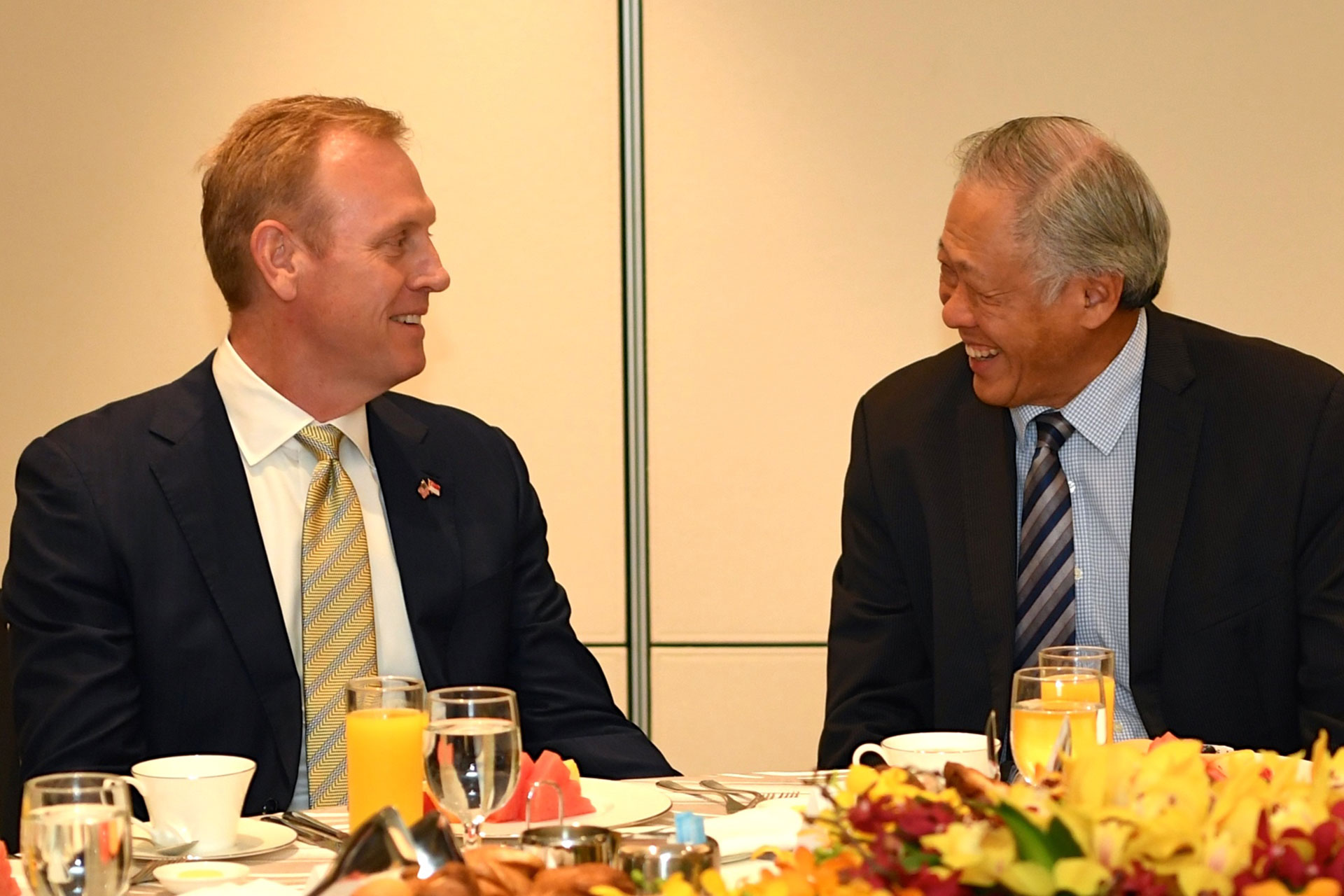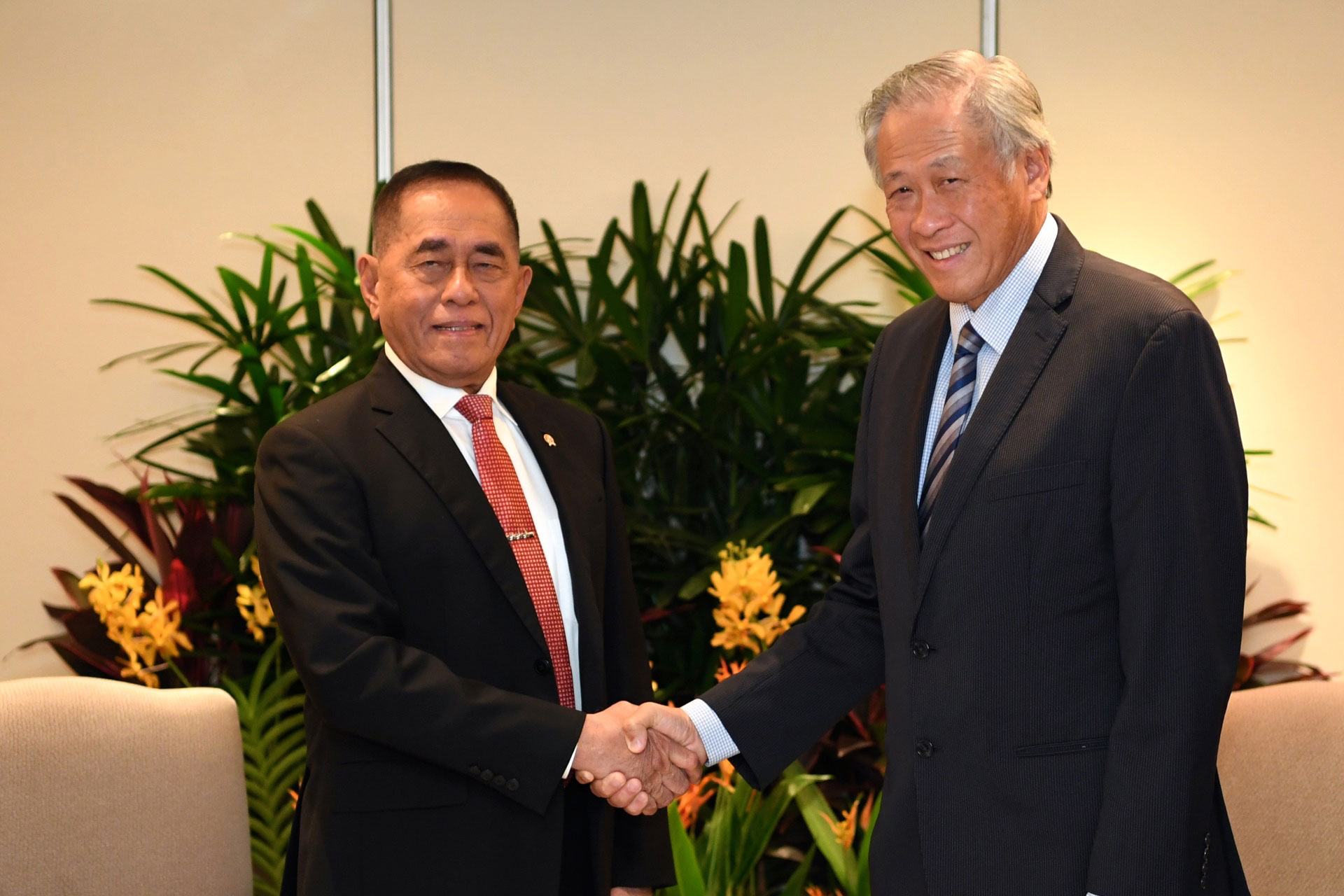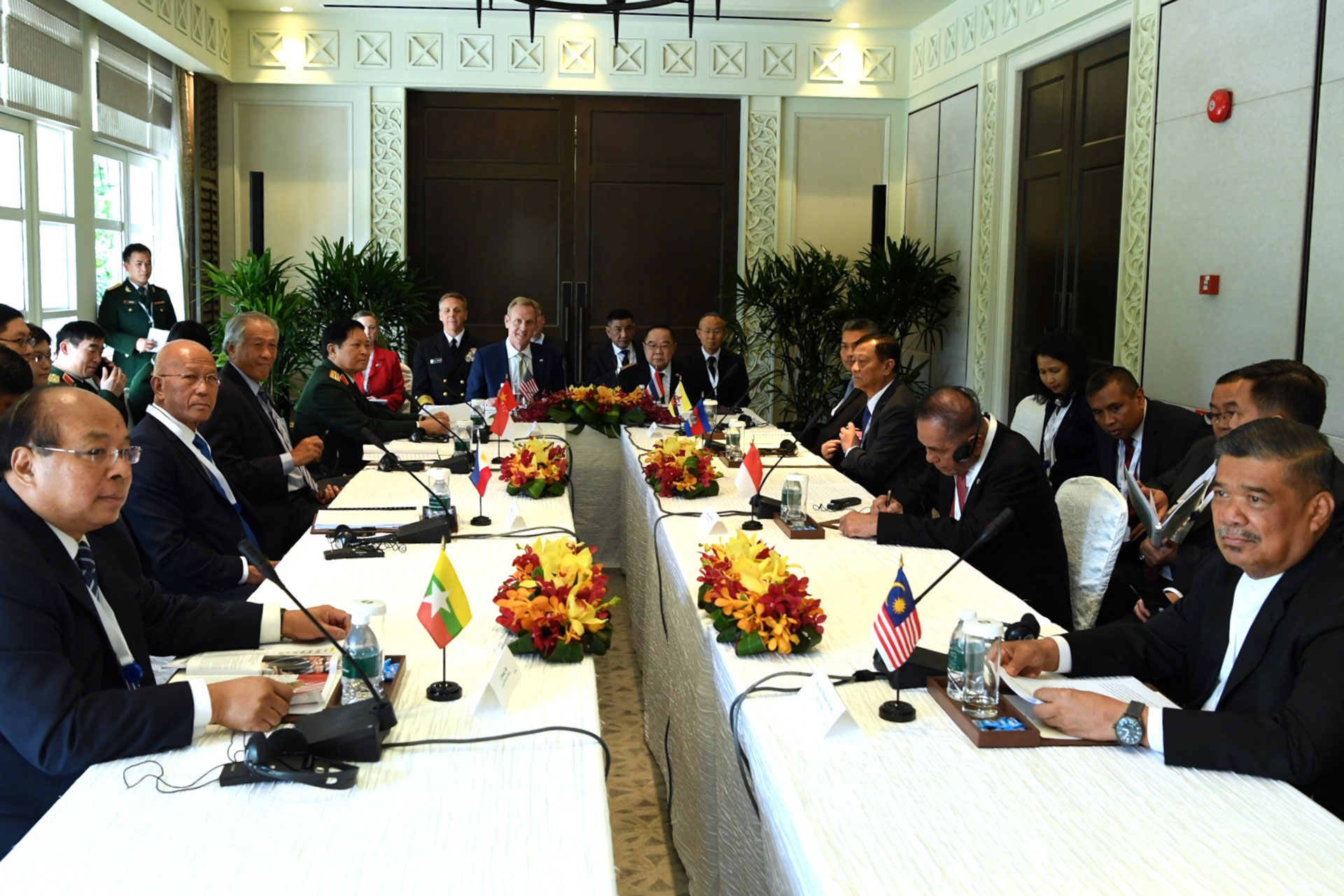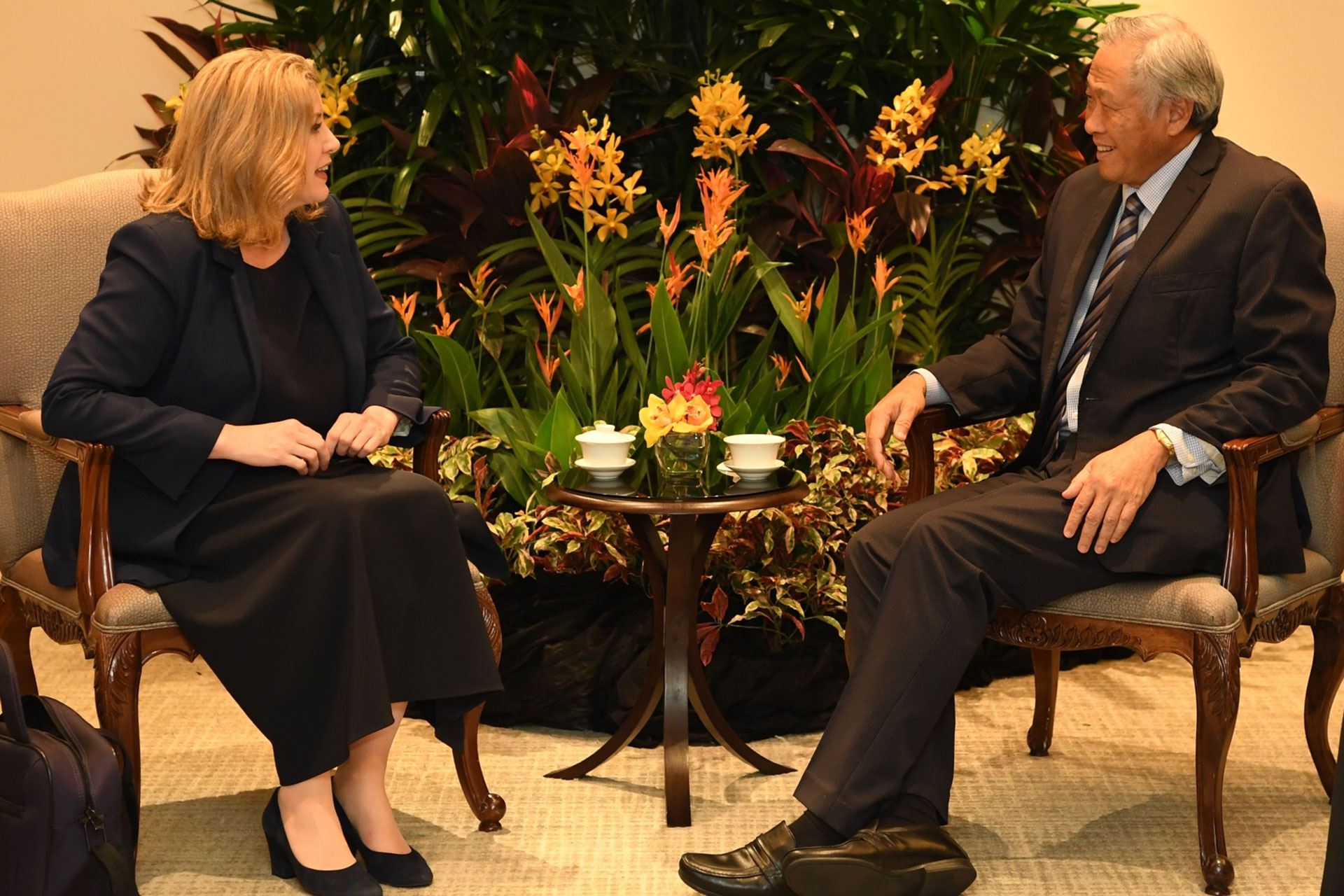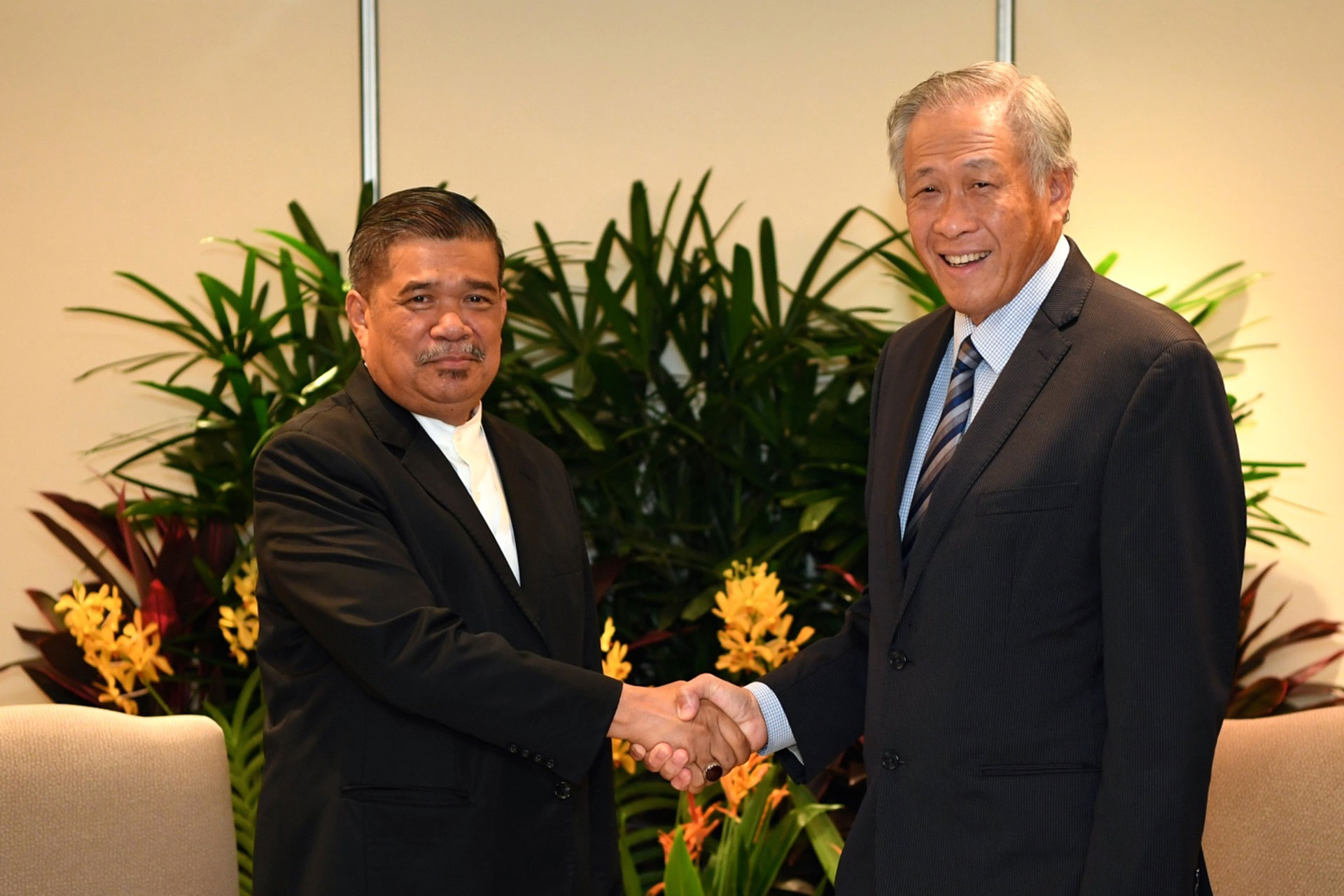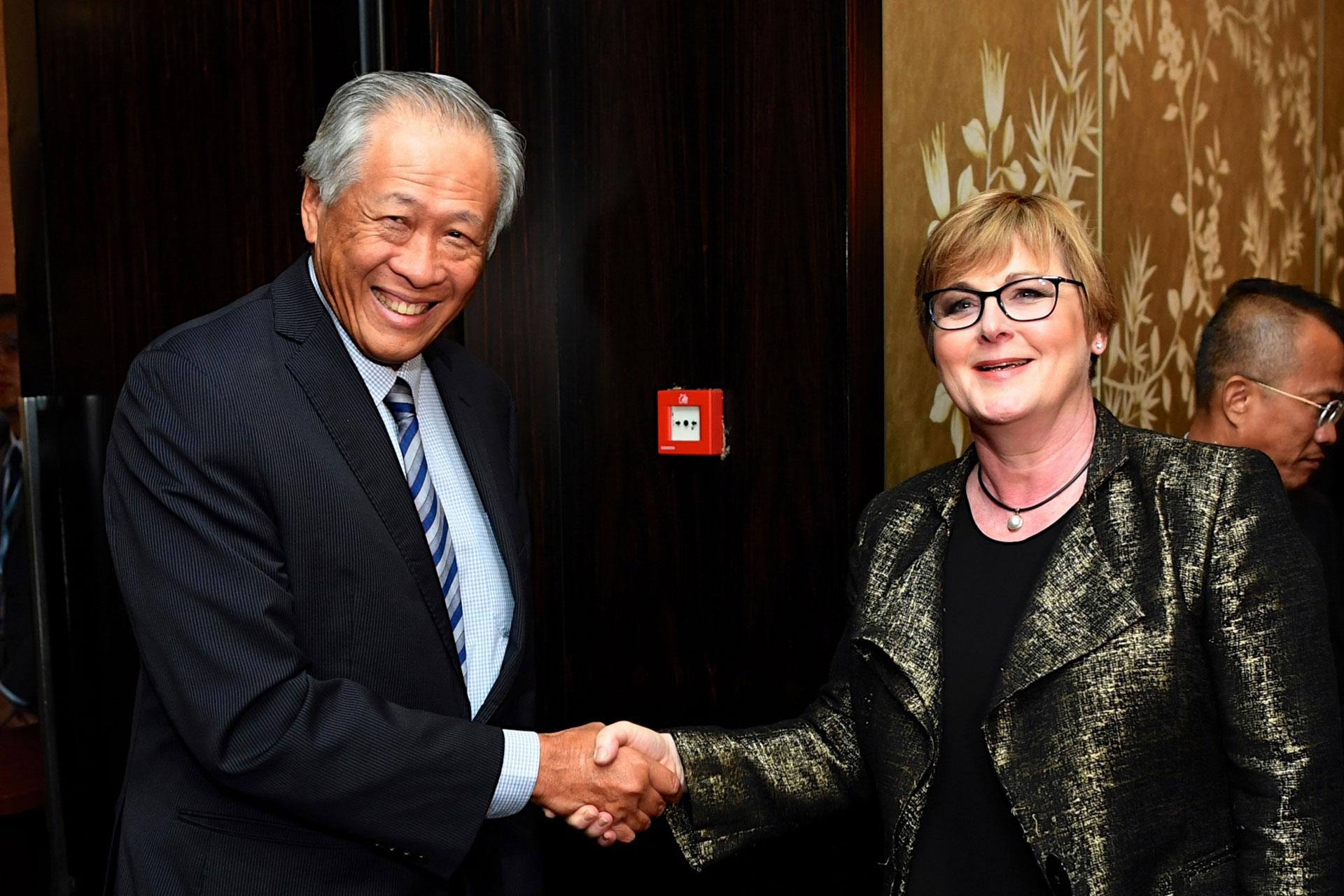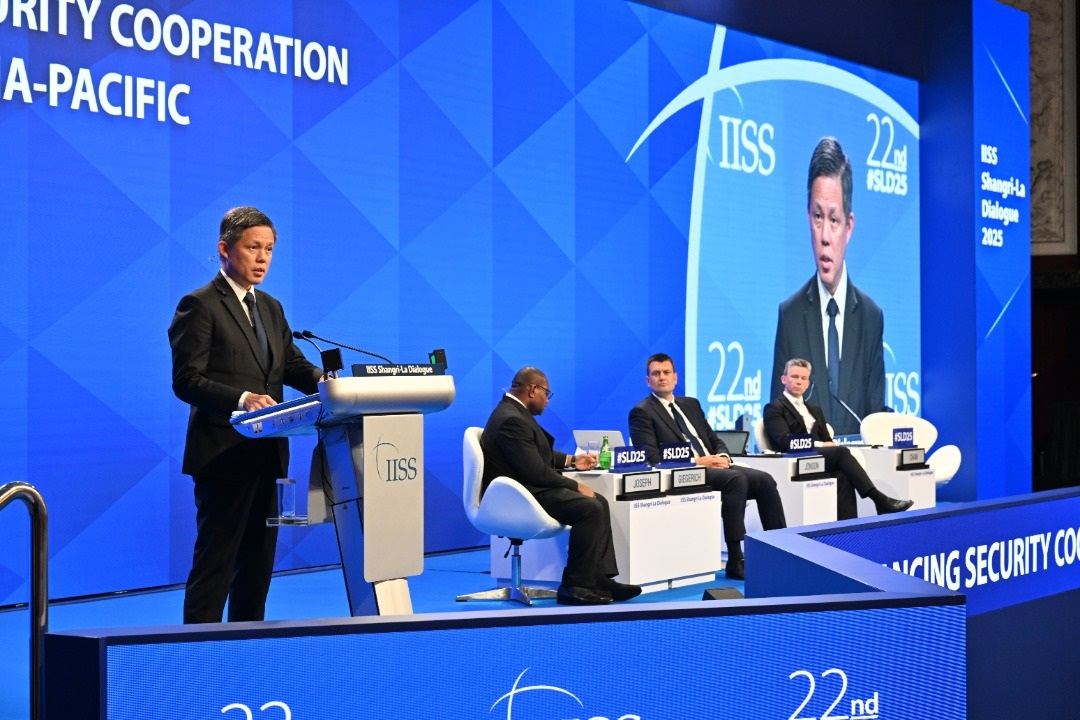DIPLOMACY
US, China must work together to boost mutual trust: PM Lee
01 Jun 2019
The US-China bilateral relationship is the "most important in the world today" and how the two countries work to resolve tensions will define the international environment for the next few decades.
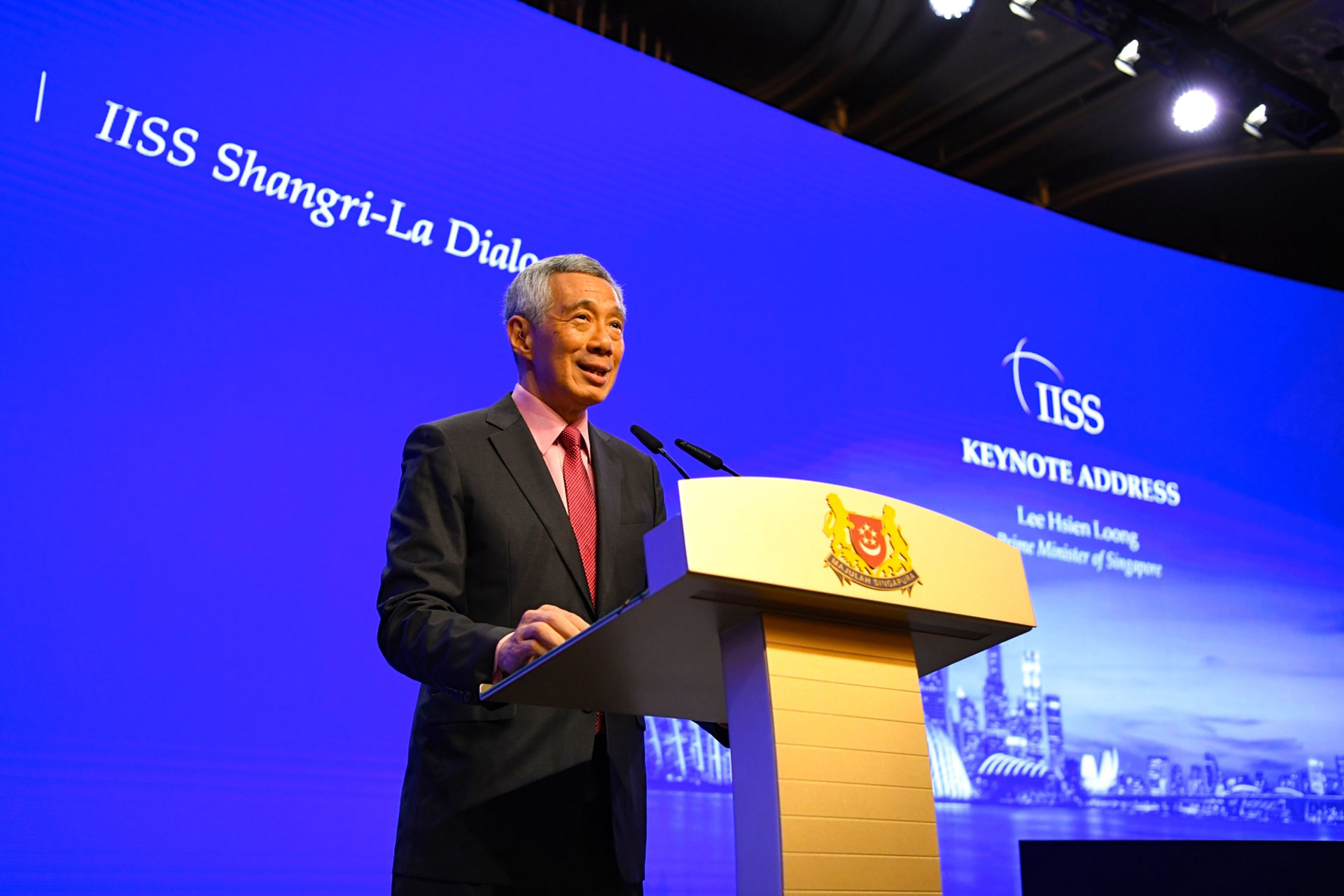
The US-China bilateral relationship is the "most important in the world today" and how the two countries work to resolve tensions will define the international environment for the next few decades.
To pave the way to ease escalating trade tensions between the two world powers, the United States (US) has to accommodate China's continuing growth. And China, in turn, has to implement timely changes that bring about greater reciprocity and parity with its trading partners.
Prime Minister Lee Hsien Loong made these points during his keynote address at the opening of the 18th Shangri-La Dialogue on 31 May. The three-day Dialogue is an annual high-level defence and security summit for the Asia-Pacific region.
"The bottomline is that the US and China need to work together, and with other countries too, to bring the global system up to date, and to not upend the system," said Mr Lee
"To succeed in this, each must understand the other's point of view, and reconcile each other's interests."
Boosting trust
China's words and actions are closely watched as it is a major power with the second largest defence budget in the world. "China needs to wield this strength with restraint and legitimacy," he said, adding that China should resolve disputes such as the overlapping maritime claims in the South China Sea peacefully, and in accordance with international law.
"It should do so through diplomacy and compromise rather than force or the threat of force, while giving weight to the core interests and rights of other countries. Then, over time, it will build a reputation as a responsible and benevolent power that need not be feared."
In turn, the rest of the world has to adjust to a larger role for China, said Mr Lee.
"Countries have to accept that China will continue to grow and strengthen, and that it is neither possible nor wise for them to prevent this from happening," he said.
Smaller states also have a role to play
In his speech, Mr Lee also spoke about what other countries can do to promote and maintain stability during these uncertain times. Small countries like Singapore can work together with other states to deepen economic cooperation, strengthen regional integration, and build up multilateral institutions.
"With more stake in one another's success, they will have greater incentive to uphold a conducive and peaceful international order. This will benefit countries both big and small," he said.
High-level representation
Attending the Dialogue this year are 33 ministerial-level delegates, over 30 defence chiefs and senior defence officials, as well as prominent academics from 47 countries.
Over the next two days, various delegates including Minister for Defence Dr Ng Eng Hen, Chinese Defense Minister General (GEN) Wei Fenghe, and US Acting Defence Secretary Patrick Shanahan will speak at plenary sessions on topics related to regional security.
Dr Ng hosted a breakfast for Mr Shanahan on the sidelines of the Dialogue on 31 May. The two leaders reaffirmed the excellent and long-standing defence ties between the two countries and welcomed the renewal of the 1990 Memorandum of Understanding (MOU) for the United States Use of Facilities in Singapore. Mr Shanahan also called on Mr Lee at the Istana later that day.
In addition, Dr Ng met with GEN Wei on 29 May where both men agreed to step up defence relations between the two countries with a revised Agreement on Defence Exchanges and Security Cooperation (ADESC) that is expected to be inked later this year. The ADESC is a bilateral defence agreement between China and Singapore that was first signed in 2008.
ALSO READ IN DIPLOMACY
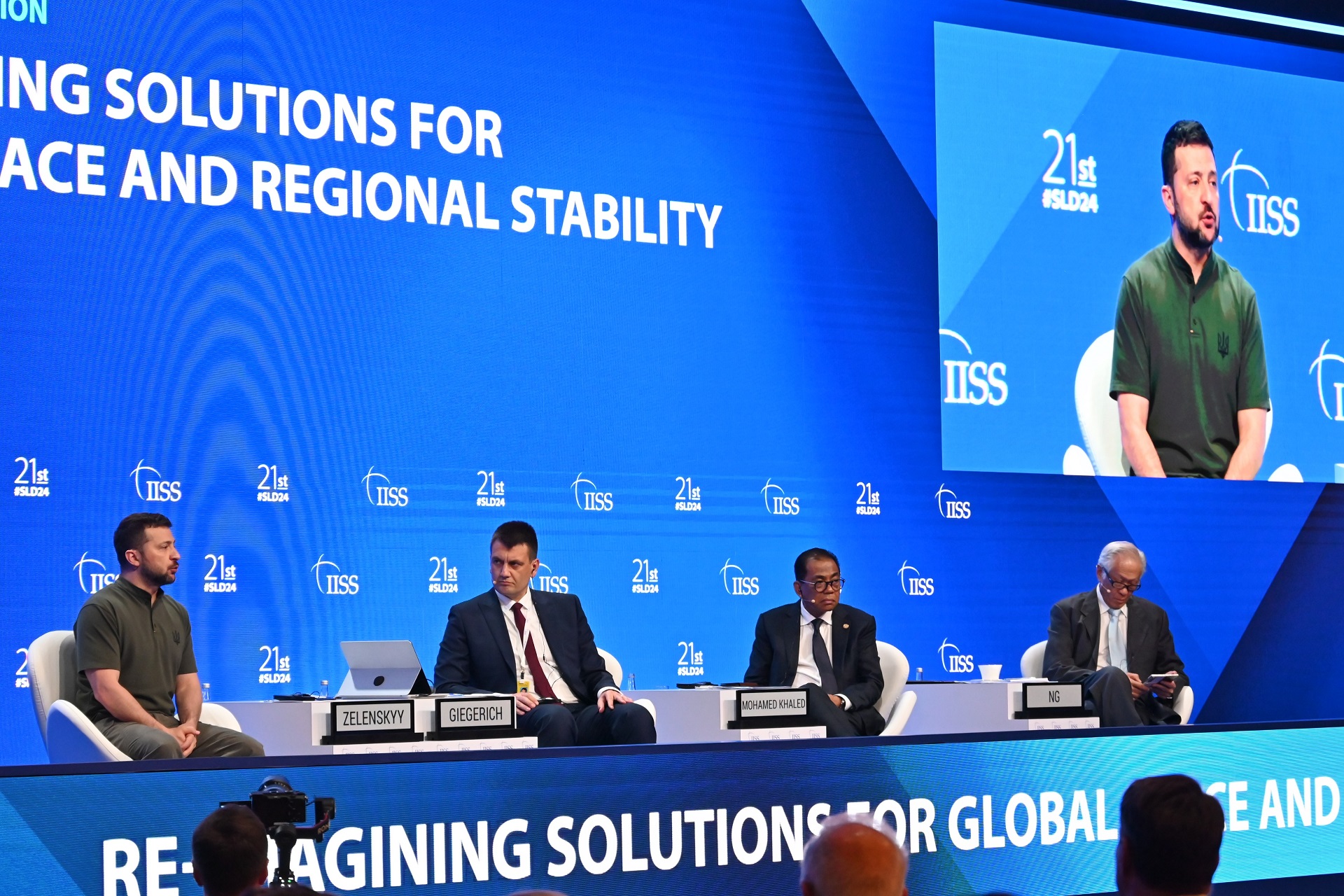
A call for peace at Shangri La Dialogue
02 Jun 2024
A repeated call for peace, especially in Asia. This was Minister for Defence Dr Ng Eng Hen's central message at the 21st Shangri La Dialogue (SLD), held from 31 May to 2 Jun.
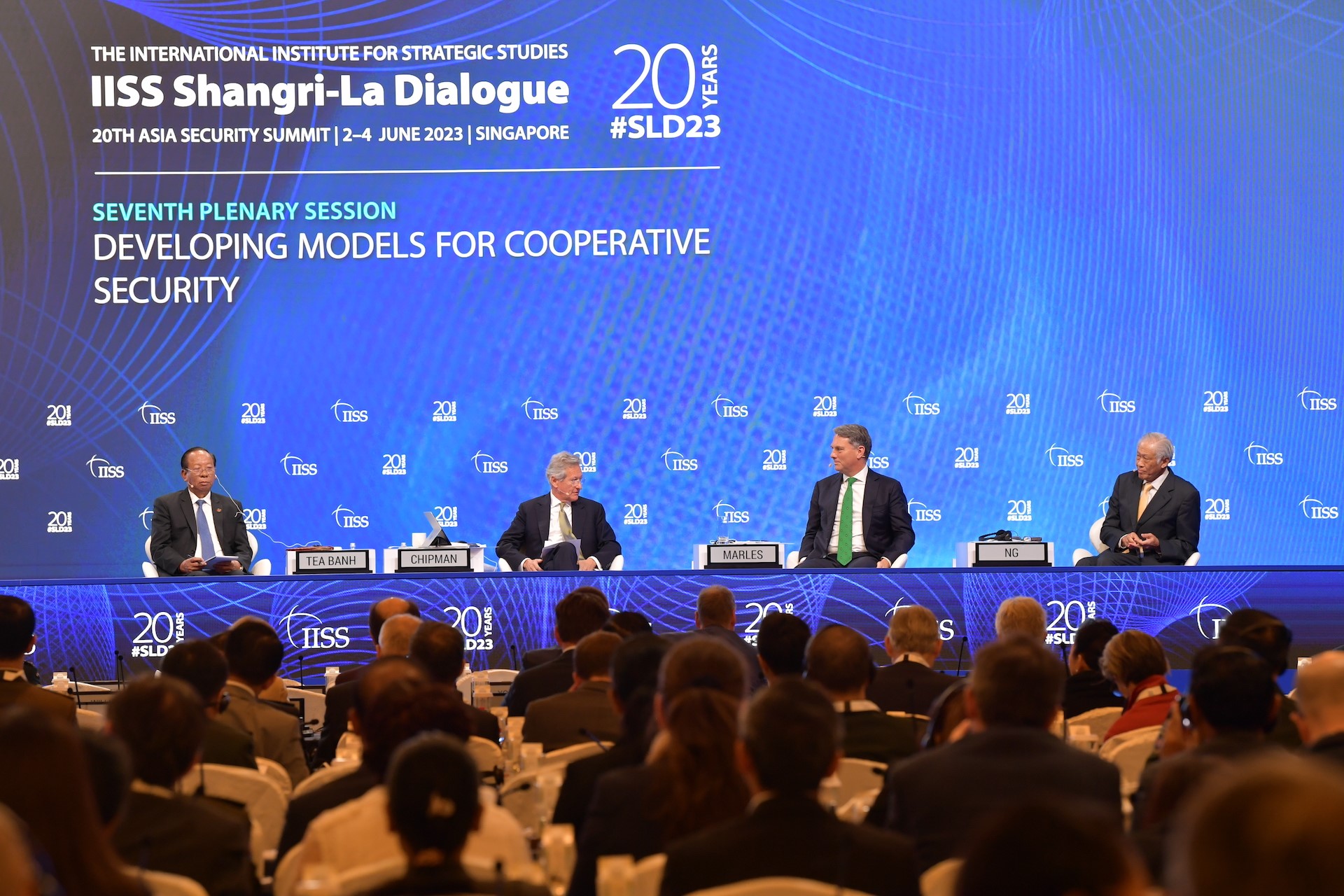
Shangri-La Dialogue sees frank discussion of security issues
04 Jun 2023
The 20th Shangri-La Dialogue, held from 2 to 4 Jun, saw ministers from around the world meet in Singapore to discuss key defence and security issues.
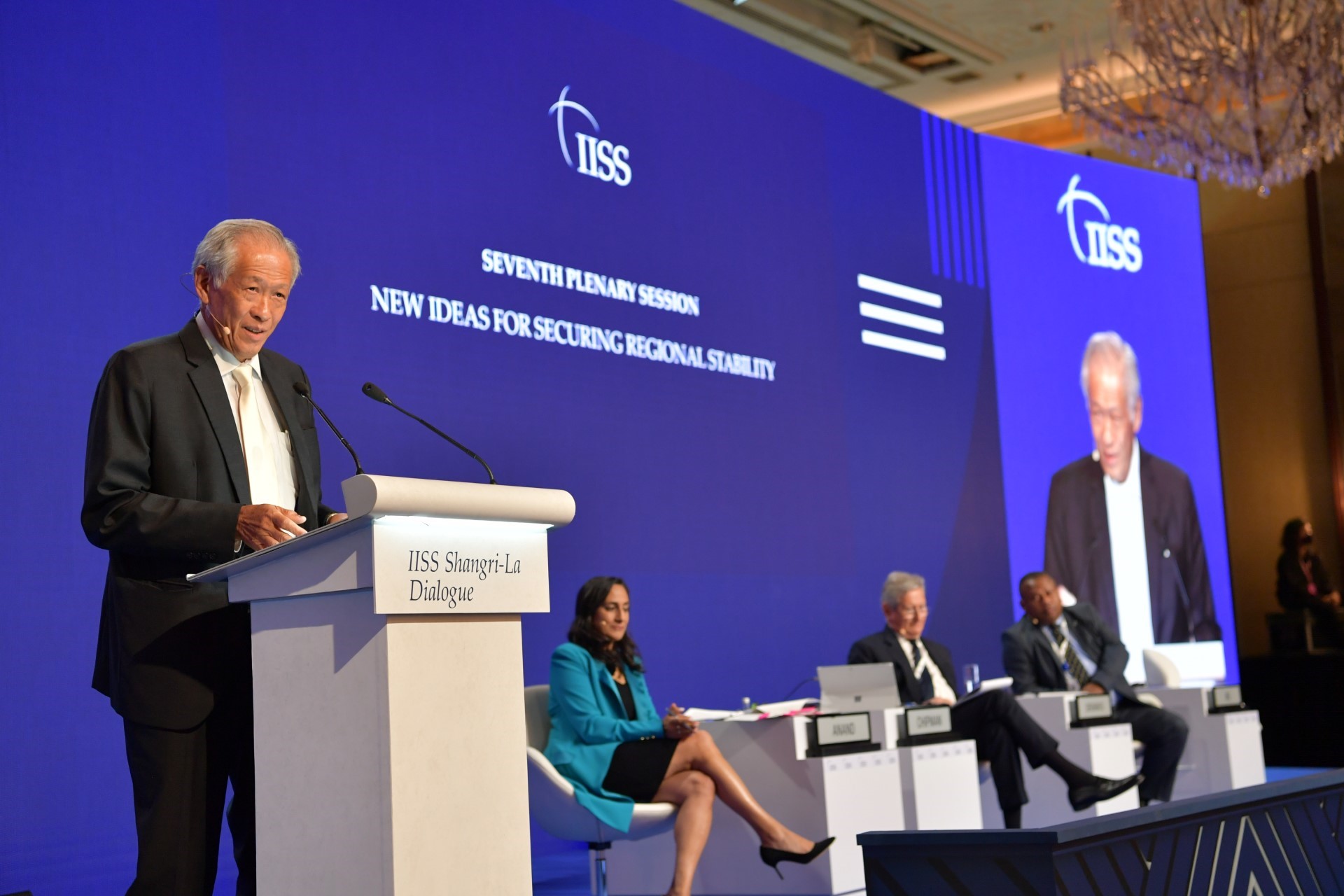
SLD remains valuable platform for crucial discussions: Dr Ng
12 Jun 2022
Minister for Defence Dr Ng Eng Hen spoke on the US-China relationship, the importance of a rules-based order and the role of ASEAN as a regional security platform at the 19th Shangri-La Dialogue (SLD).

